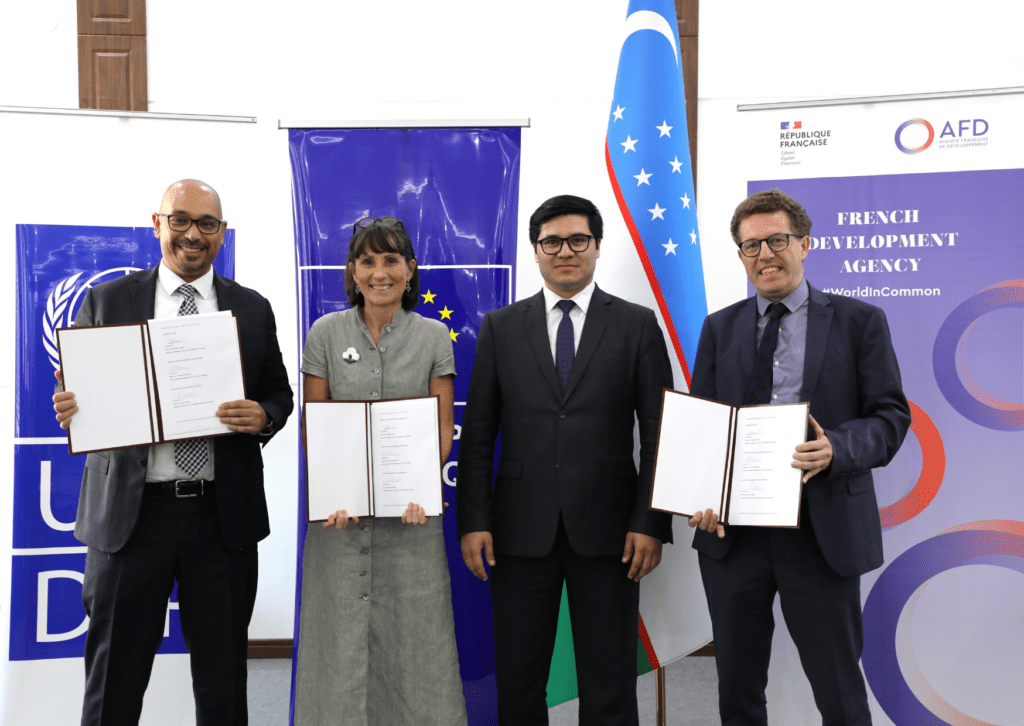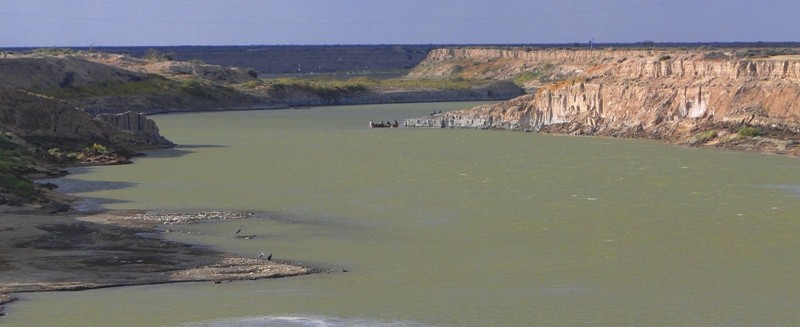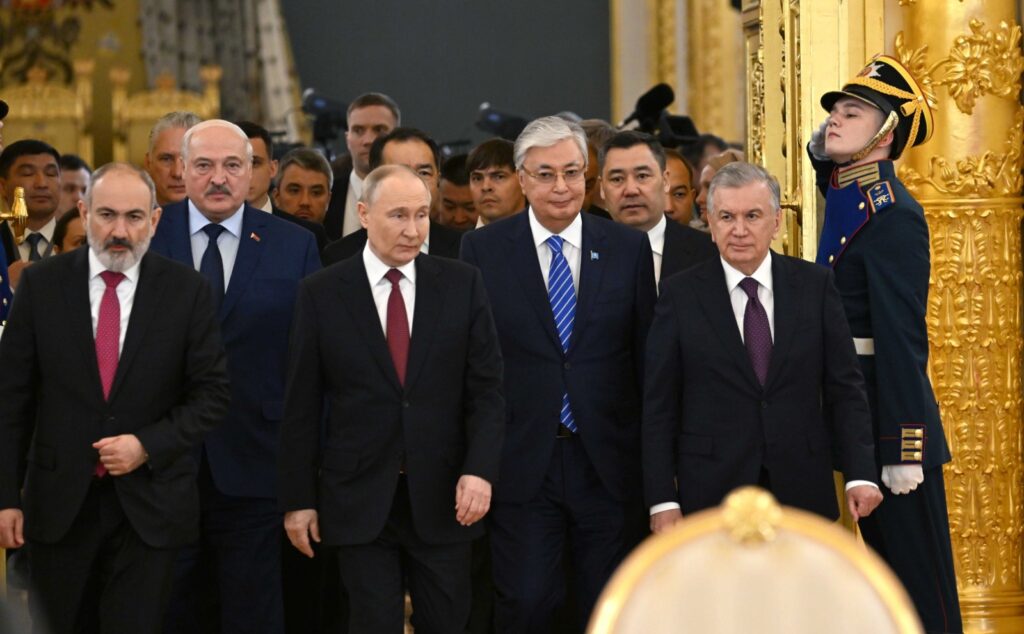Uzbekistan To Work With Hungary on Nuclear Projects
Hungary will train nuclear engineers from Uzbekistan to work in Uzbek power plants, the country's trade minister Peter Szijjarto announced during his recent visit to Tashkent. "Since we have several decades of experience in the field of nuclear power, we have already started training future Uzbek nuclear power specialists in Hungary," Sijjarto wrote on social media. He noted that if a contract with Rosatom is signed for the construction of a nuclear power plant on the territory of Uzbekistan, it will use the Hungarian technology of cooling on the basis of a "dry" cooling tower. A similar method is already used by the Hungarian company Eniox, which is ready to provide financing to Hungary's Eximbank Hungary in the amount of 130 million euros when participating in the Uzbek nuclear project. Hungary has now started construction of the Russian-designed Paksh-2 NPP of generation "3+" with two power units based on VVER-1200 reactors. Operating since 1982, the Paksh NPP will start to be decommissioned from 2032. "In the current energy crisis, the ability to produce nuclear energy has become extremely valuable. Without nuclear energy, Europe would not have a secure energy supply and affordable energy," Sijjarto emphasized. As the world's fifth-largest exporter of uranium, Uzbekistan is attracting Japanese and Chinese companies that are actively developing uranium in the republic, especially with a focus on black shale. According to data for 2022, Uzbekistan has reserves of 49,200 tons of uranium and about 32,900 tons of uranium in black shale. The deposits are mainly concentrated in sandstones of the Kyzylkum desert. Today, uranium mined in the country is exported abroad by companies such as Itochu (Japan), Cameco (Canada), CNEIC (China) and others.








